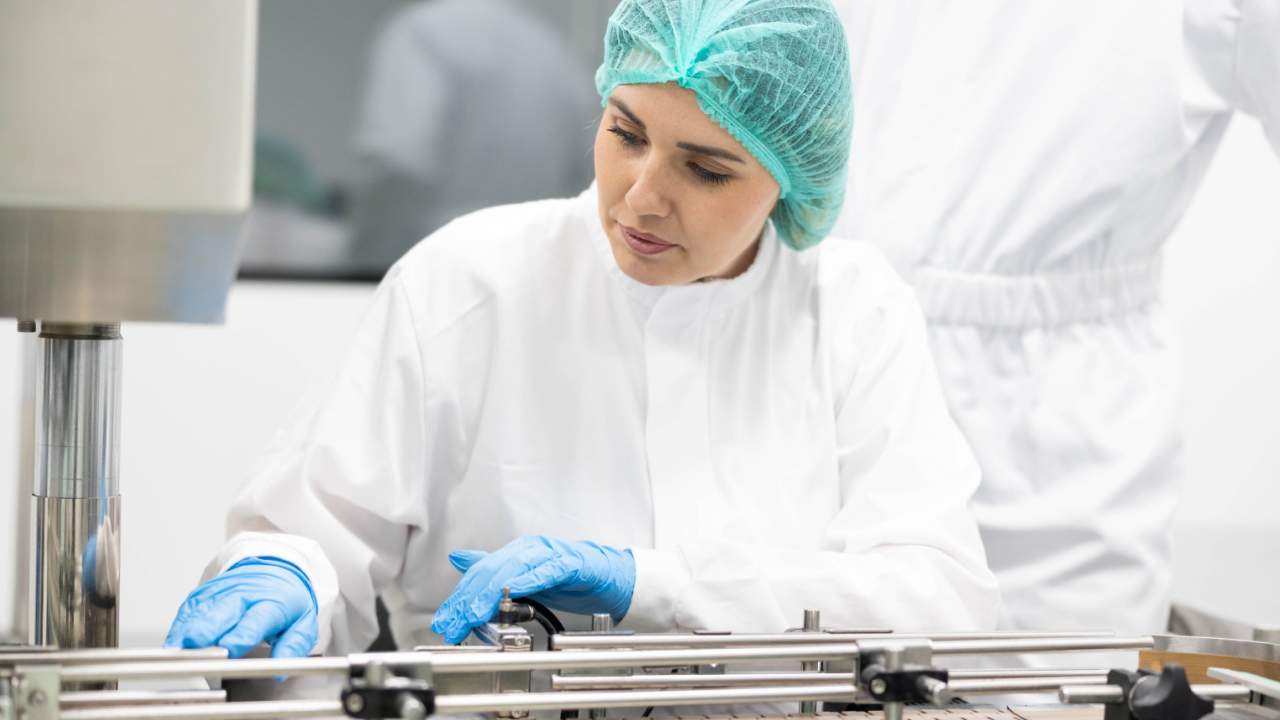Up to 12 percent of men worldwide have some degree of male infertility, but not everyone has access to clinics equipped to perform analysis of sperm samples. To help improve access, researchers at Brigham and Women’s Hospital and Massachusetts General Hospital have developed a system that analyses the quantity and quality of sperm through an easy-to-use smartphone app.
The device is composed of a disposable microchip and light source encased in a gadget that can be attached to a standard smartphone. When a sample of semen is loaded into a disposable chamber and inserted into the device, the smartphone’s camera is used to take images of the sperm.
Much like the equipment used in fertility clinics, the app is able to count the number of sperm cells and measure their motility and activity level. According to the authors – whose research was published in the journal, Science Translational Medicine – the device could provide accurate semen analysis testing in both developed and resource-limited areas around the world.
“We developed an automated smartphone-based diagnostic assay with the potential to make male fertility testing as accessible, easy, fast, and private as pregnancy tests,” said the study authors. “The work reported here is an example of how smartphones can be seamlessly integrated with hardware, software, and microfluidics to develop a point-of-care diagnostic device to address clinical gaps in male infertility management.”
The researchers used this diagnostic to analyze a total of 350 clinical semen specimens obtained from a fertility clinic. When compared to manual microscope-based testing and computer-assisted semen analysis (CASA) – the current standard in clinics – the smartphone-based semen analysis tool showed 98 percent accuracy in evaluating sperm quality, based on the World Health Organization’s (WHO) threshold of 15 million sperm/ml.
According to the researchers, this technology could also have applications outside of male fertility testing. They suggest that men who have undergone a vasectomy could find utility in this home-based testing tool.
“It is estimated that worldwide more than 33 million couples prefer to perform vasectomy as a safer, less expensive, and simpler method compared to female sterilization for contraception,” wrote the study authors. “Although vasectomy failure is lower than 1%, it is highly recommended that men perform a follow-up semen analysis to confirm the success of the procedure.
“It has been reported that patient compliance for postvasectomy follow-up semen analysis has been extremely poor. The smartphone-based semen analyzer has the potential to improve patient compliance for postvasectomy semen analysis by providing a rapid, easy-to-use, affordable, and private method for accurate sperm concentration and motility measurement.”












Join or login to leave a comment
JOIN LOGIN